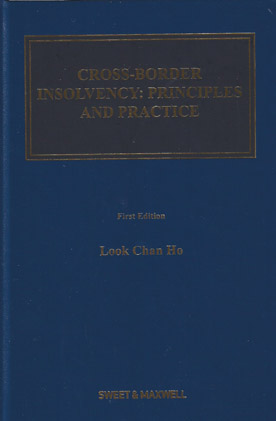
This new work provides an in-depth commentary on English cross-border insolvency law, covering all the different regimes using a comparative approach.
It offers practitioners and policy makers a comprehensive research resource, exploring the strengths and weaknesses of each regime and discussing how the law might evolve in future.